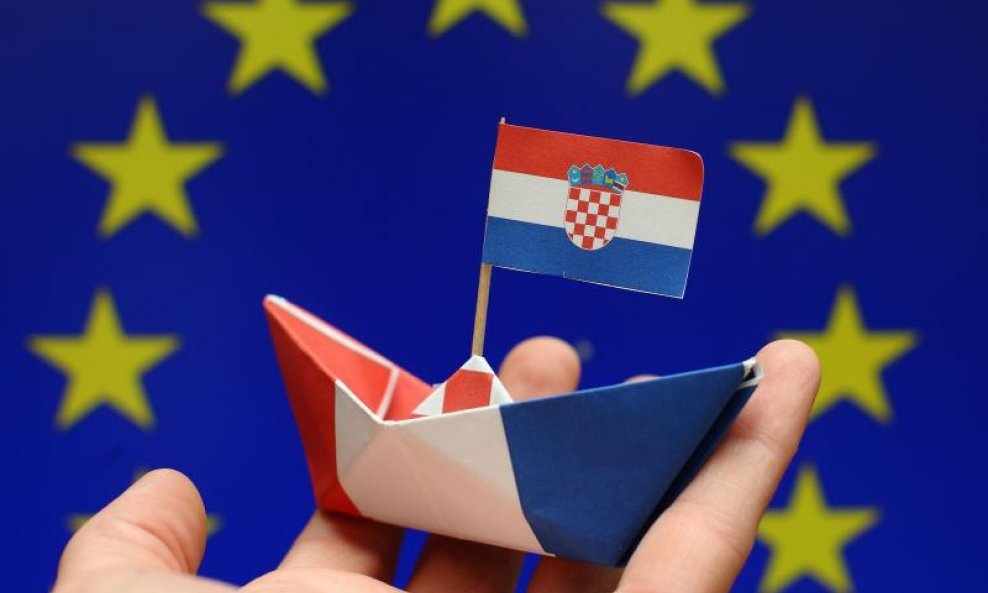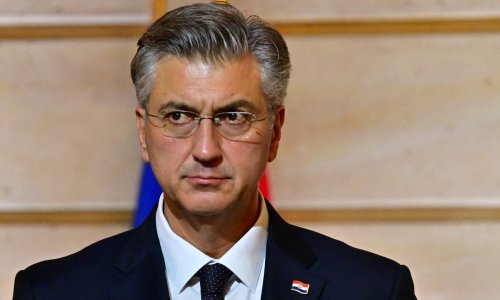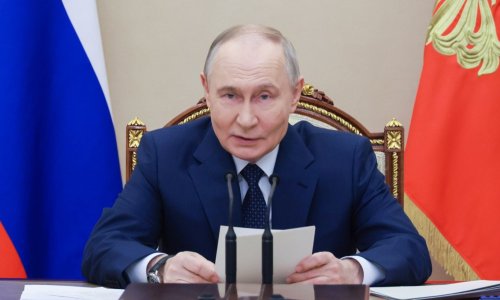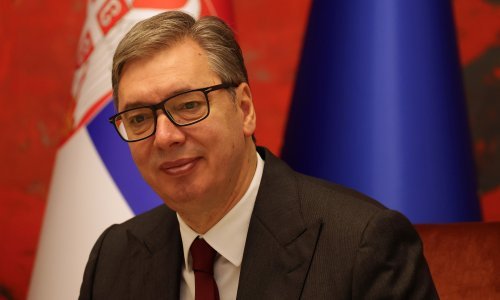On Thursday, the last day of Hungary's presidency over the European Union, Croatia closed the last four policy chapters and formally closed accession negotiations, paving the way for becoming the EU's 28th member on 1 July 2013, after the ratification of the accession treaty.
At an accession conference on the ministerial level in Brussels, Croatia closed negotiations on the chapters "Competition Policy", "Judiciary and Fundamental Rights", "Finance and Budgetary Provisions" and "Other Issues".
The Croatian delegation at the conference was led by Deputy Prime Minister and Minister of Foreign Affairs and European Integration Gordan Jandrokovic, while the Hungarian delegation was led by Foreign Minister Janos Martonyi.
I want to congratulate Croatia, the future 28th member of the Union, Martonyi told a joint news conference after the accession conference.
He voiced hope the accession treaty would be signed by the end of the year and that Croatia would join the EU on 1 July 2013, the target accession date.
Jandrokovic said this was a historic day and took the opportunity to address the press in Croatian, thanking everyone for their support and stressing that today Croatia was a better place to live in for its citizens.
Today we are celebrating a historic event with our Croatian friends. In 20 years of independence, Croatia has changed tremendously. It has made impressive progress in meeting EU membership criteria. Today, this has been rewarded, said Enlargement Commissioner Stefan Fuele.
He added that on Croatia's European integration road, the European Commission had been fair and strict and that it intended to pursue this approach.
The Commission will pursue that strict, transparent approach to monitor how Croatia is meeting its commitments, so that it can be completely ready to assume the membership responsibilities from the day of accession, Fuele said, adding that this was a "great contribution to the credibility of the enlargement process."


































